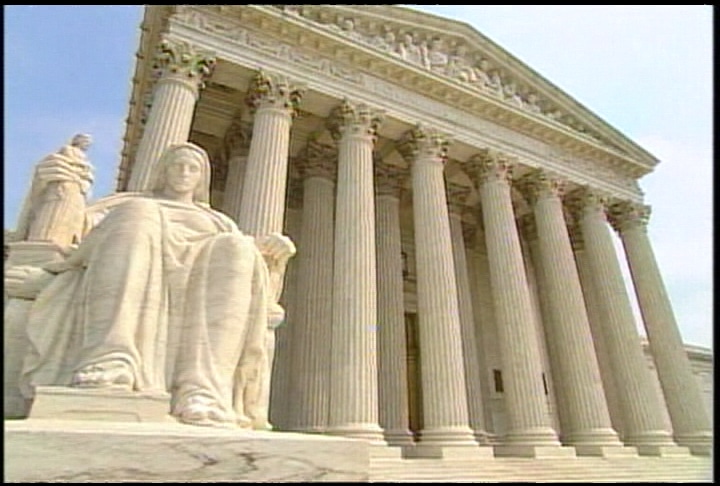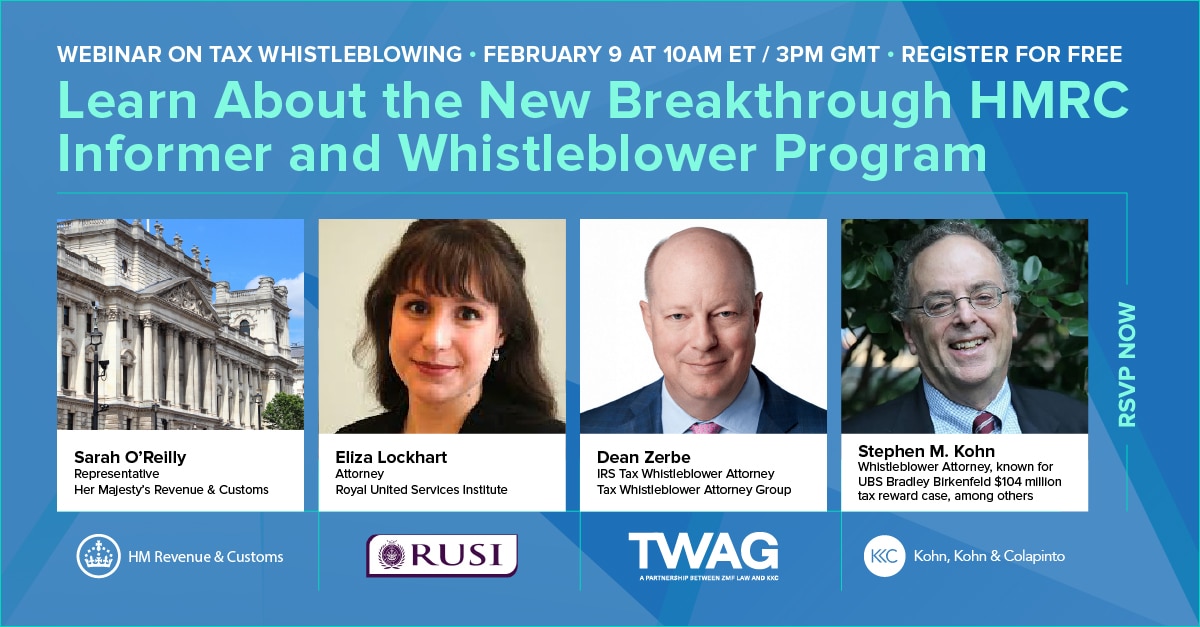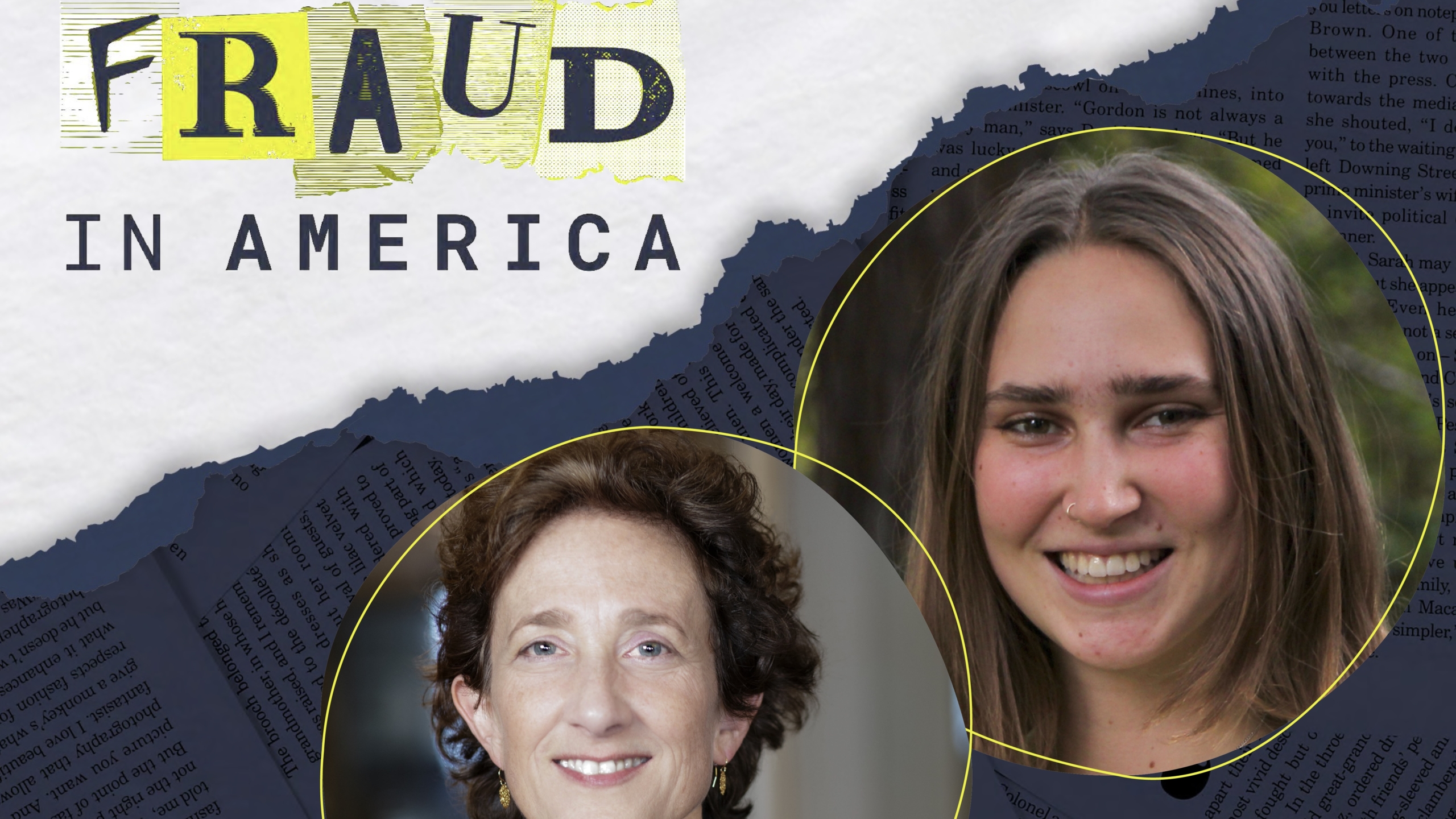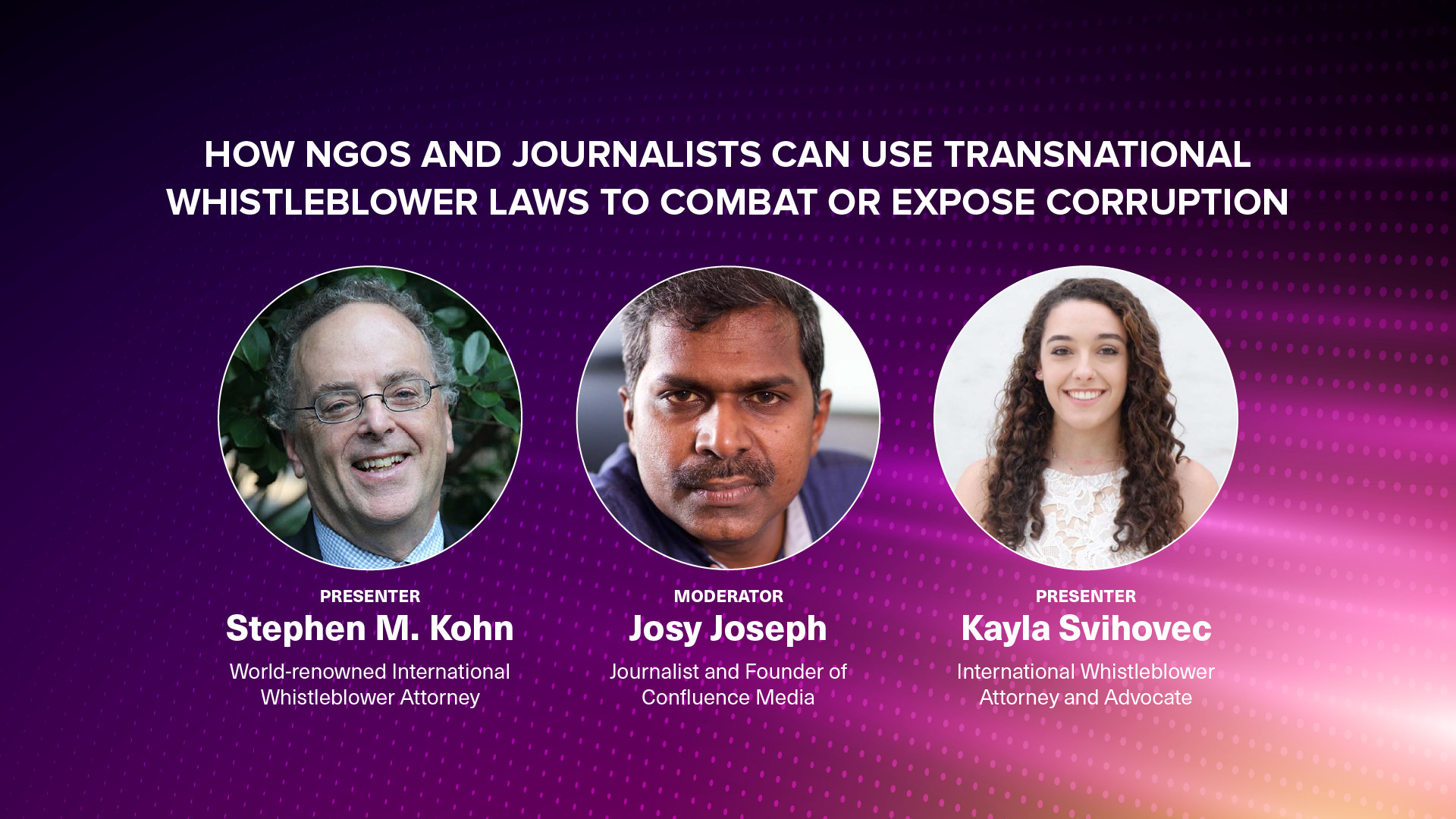False Claims Act Qui Tam Whistleblower Lawyer Examines Recent Supreme Court Petitions

Kohn, Kohn & Colapinto, LLP partner, David Colapinto, who handles many False Claims Act qui tam whistleblower cases, was interviewed by Bloomberg BNA for an article in its Federal Contracts Report, “Contractors May Learn There’s No False Claims Silver Bullet.” Colapinto was asked to evaluate and comment on an issue arising in two pending petitions seeking Supreme Court review. The issue is whether a False Claims Act case must be dismissed for lack of materiality if the government learns about the fraud through the filing of a whistleblower qui tam complaint, but continues to pay the contractor anyway.
In June of 2016, the Supreme Court ruled in Universal Health Services, Inc. v. United States, ex rel. Escobar, that continued payments by the government after it has “actual knowledge” of the fraud “is very strong evidence” that the violations or fraud “are not material.” Since the Universal Health decision, contractors have argued, with mixed results, that continued payments by the government after learning about the fraud requires the courts to deny all whistleblower complaints under the False Claims Act because neither the government nor the whistleblower can satisfy the requirement that the fraud be material.
However, Colapinto pointed out that the issue of determining the government’s “actual knowledge” is not that simple. For example, who in the government must know about the fraud for there to be a finding of “actual knowledge”? Is it the contracting official who has authority to pay the claim, or will knowledge by anyone else in the government, such as attorneys in the Department of Justice who investigate a whistleblower’s False Claims Act complaint under seal, suffice?
Also, who has the burden of proving “actual knowledge” and does the whistleblower or the government need to produce an official to testify to the court that the government would not have paid a contractor had that official known about the fraud? Is the egregiousness of the fraud enough to permit a jury to conclude that a reasonable person would not have paid the claim? Or is it sufficient to show that the contractor’s misconduct had “a natural tendency to influence, or be capable of influencing, the payment or receipt of money or property,” which is the definition of “material” in the False Claims Act, regardless of whether the government continued to pay the contractor?
Continued payments by the government should not automatically let a contractor off the hook for fraud for many reasons, such as when an agency may know some allegations about a contractor’s questionable conduct but the government lacks resources to act, or when immediately cutting off payments could end up hurting the public.
We previously posted a blog about Senator Chuck Grassley’s 15-minute floor speech on February 13, 2018, in which he was highly critical of court decisions dismissing False Claims Act whistleblower cases based on the continued payment defense.
Sen. Grassley, who is undeniably the most vigorous champion of the False Claims Act whistleblower provisions, said that recent court decisions adopting the continued payment defense are weakening “the most effective tool to combat government fraud” by “piling on bogus restrictions that are not the law.”
Sen. Grassley noted that these judicial developments are disturbing because they are elevating materiality to a new government knowledge defense that Congress abolished in 1986. “Why should the taxpayer pay the price for bureaucrats who fail to expose fraud against the government? That’s why the False Claims Act exists, to protect taxpayers by rewarding whistleblowers for exposing fraud,” Grassley said.
Sen. Grassley also pointed out that since 1986 the False Claims Act, which was originally enacted under Abraham Lincoln, has enabled the federal government to collect over $56 billion from unscrupulous contractors that have defrauded taxpayers. Last year alone, the government collected $3.7 billion of which $3.4 billion was the direct result of False Claims Act cases filed by whistleblowers.





